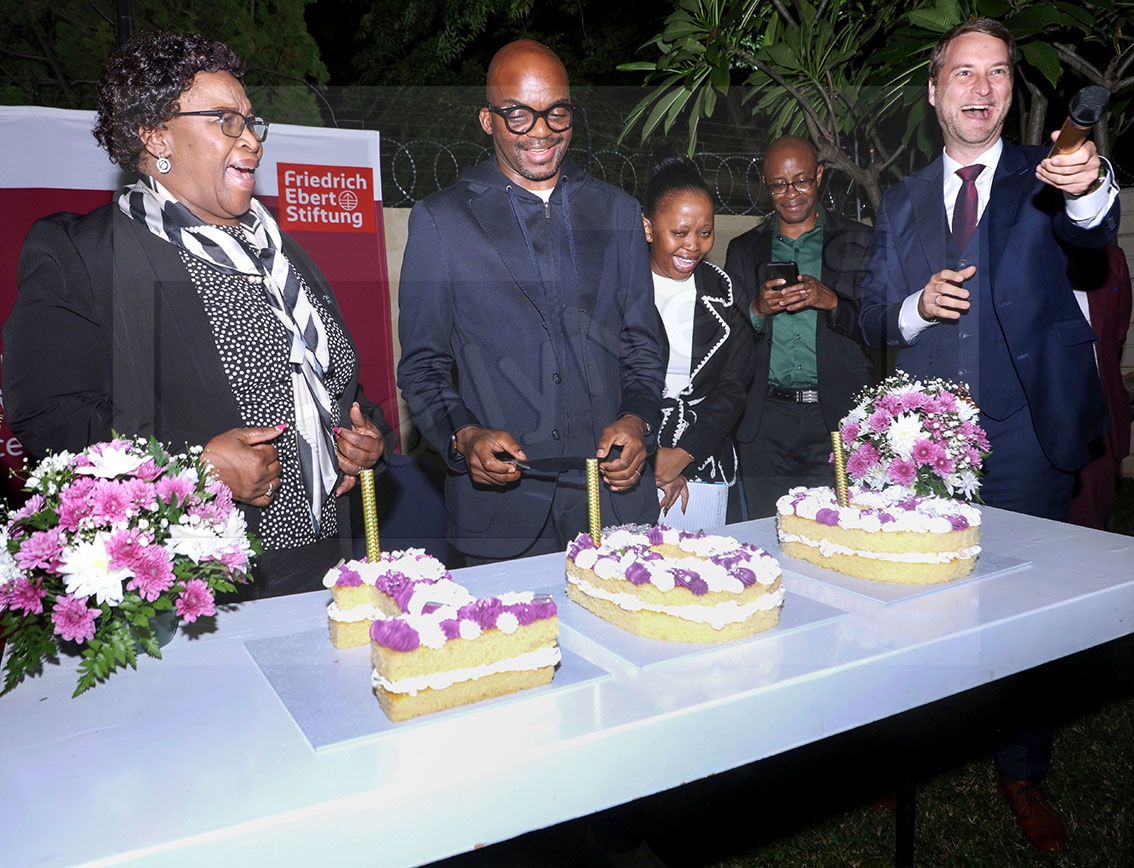Media industry advocates for sustainability
28 Apr 2025
The media industry recently held a dialogue on media sustainability in Gaborone with emphasis on safeguarding independent journalism.
MISA Botswana chairperson, Mr Thomas Nkhoma said media institutions were grappling with shrinking revenue bases, shifting consumption patterns, political and legal pressures, and the rapid evolution of technology.
“These challenges are compounded by fragile business models, high dependency on advertising, and the ever-pressing threat of disinformation,” he said, adding that the Botswana media had long prided itself on its independence, vibrancy, and role as a critical pillar of democracy.
Mr Nkhoma said in recent years, the media had seen a decline in newspaper circulation, struggling newsrooms, a growing trust deficit with audiences, and the exodus of young journalists in search of better prospects. He said although Botswana’s media freedom remained stable according to the 2023 African Media Barometer, sustainability was under threat.
“Print media circulation in Botswana has declined by over 40 per cent in the past decade, while advertising revenues, once the mainstay of private media, have shifted heavily toward digital platforms, with global tech giants capturing more than 70 per cent of online advertisements spending. And over 30 per cent of young journalists have exited the industry within the first five years, citing low pay, job insecurity, and lack of mentorship as key reasons,” Mr Nkhoma said.
Therefore, Mr Nkhoma said the media profession needed revival, to rethink and forger new partnerships. He said media sustainability could not be addressed by newsrooms alone, but required bold leadership, policy reform, education, innovation, and the support of the society at large.
Dikgang Publishing Company Group managing director, Mr Titus Mbuya called on government to rescue the media, saying it was the role of government to subscribe to local media’s digital products, redirect state advertising to private media as well as prioritise local printing over outsourcing. Mr Mbuya further said government should establish a media development fund and reduce corporate tax and also waive old VAT debt for struggling media companies.
For her part, Ms Sheila Chimphamba, a representative from WAN-IFRA Women in News, said the media was more than a business. She therefore, said strong sustainable media ecosystems helped drive inclusive development, foster civic participation, and give voice to communities often left unheard.
“In times of crisis, the media is often the first line of truth. In times of transition, it becomes a mirror and a guide,” she said. ENDS
Source : BOPA
Author : Ketshepile More
Location : Gaborone
Event : Meeting
Date : 28 Apr 2025







